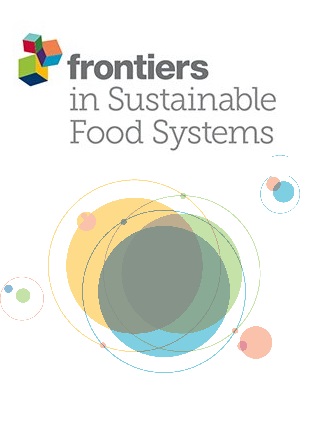Barriers and enablers of crop varietal replacement and adoption among smallholder farmers as influenced by gender: the case of sweetpotato in Katakwi district, Uganda
Abstract
Sweetpotato is climate smart crop, grown with limited external inputs (fertilisers, pesticides, less labour) making it an attractive crop for resource-constrained smallholder farmers. It is also a major cash and food crop for many countries in sub-Saharan Africa. However, adoption of the high yielding and nutritious improved varieties has been disappointingly low. This study uses qualitative methods to explore the barriers and enablers of farmer varietal replacement and adoption. Unlike the extant quantitative studies that identify the determinants of adoption, we delve deeper into understanding the reasons for or against the preference for specific varieties. We used a rich set of information collected via focus group discussions which explore why farmers prefer certain varieties over others and how they perceive the new improved varieties from the national breeding programs. Doing so enabled us to unravel specific traits or trait combinations that farmers seek and identify those that they perceive needing improvement. We find that the most preferred traits were ‘yield’ and ‘good taste’. Implying that the neglect of sensory attributes by breeders contributes to the low adoption of improved sweetpotato varieties. Moreover, we find that altruism among the respondents plays an important role in farmer use of, and sharing of information about improved sweetpotato varieties. Women and men farmers obtained most of their information from neighbours, NGOs and radios. For women, the most important source of planting materials doubled as their most important source of information. Thus, concerted efforts to minimise information constraints are essential for unravelling the adoption puzzle.

